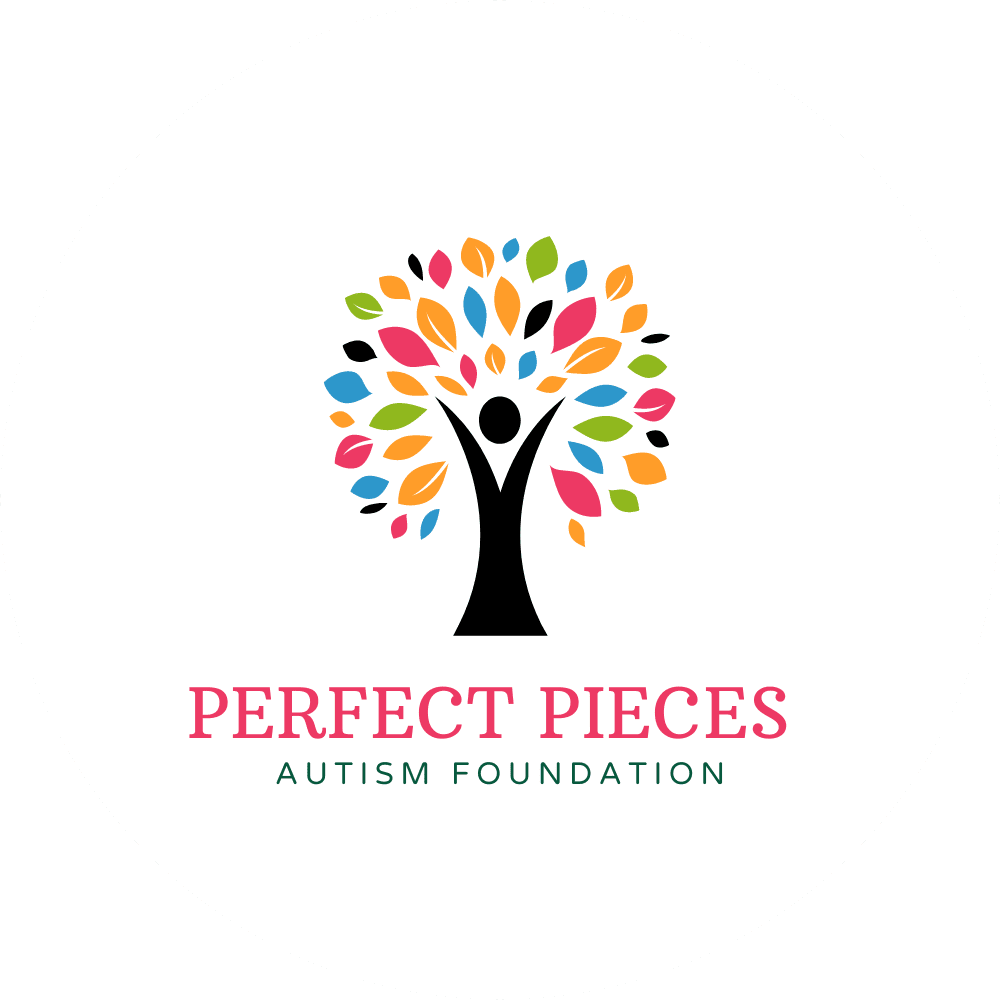Frequently Asked Questions

Understanding Autism: A Quick Guide
Dive into our FAQ to unravel the basics of Autism Spectrum Disorder. Whether you're seeking clarity, looking for support, or curious about how to help, this guide offers insights into diagnosis, support, and living with autism. Empower yourself with knowledge and become an ally in the autism community.
Autism, or Autism Spectrum Disorder (ASD), refers to a broad range of conditions characterized by challenges with social skills, repetitive behaviors, speech, and nonverbal communication. It is known as a "spectrum" disorder because it varies significantly in severity and symptoms among individuals.
Autism is typically diagnosed through observation of an individual's behavior and development. Healthcare providers might use developmental screening and comprehensive diagnostic evaluations, including interviews and behavior assessments, to determine if an individual falls on the autism spectrum.
Signs of autism can often be observed at 18 months of age or younger. By age 2, a diagnosis by an experienced professional can be considered very reliable. However, many children may not receive a final diagnosis until older, and some individuals may not be diagnosed until adulthood.
The exact cause of autism is not known, but it is believed to be a complex interplay of genetic and environmental factors. Research suggests that there may be many different genes involved, and certain environmental factors during pregnancy may also increase the risk.
Currently, there is no cure for autism. However, early intervention and tailored therapies can significantly improve a child's development and quality of life. Treatment plans often include behavioral therapy, speech and language therapy, and sometimes medications to manage symptoms.
Supporting someone with autism involves patience, understanding, and learning about the condition. Encouraging their strengths, providing a structured environment, and using clear communication can be helpful. It’s also important to advocate for their rights and inclusion in all aspects of life.
Autism is about four times more common in males than in females. However, recent research suggests that it may be underdiagnosed in females, partly because they may exhibit different symptoms or may be better at masking their difficulties.
Common signs of autism include difficulty with social interactions, limited eye contact, a preference for solitude, repetitive behaviors, and delayed speech and language skills. Sensitivity to sensory input, such as light, sound, or touch, is also common.
Many organizations and resources are available to support individuals with autism and their families. This includes national and local autism advocacy groups, educational materials, support networks, and specialized therapy providers. It's beneficial to connect with these resources for guidance and community support.
Remember, every individual with autism is unique, with their own set of strengths and challenges. Understanding and support from family, friends, and the community can make a significant difference in their lives.
